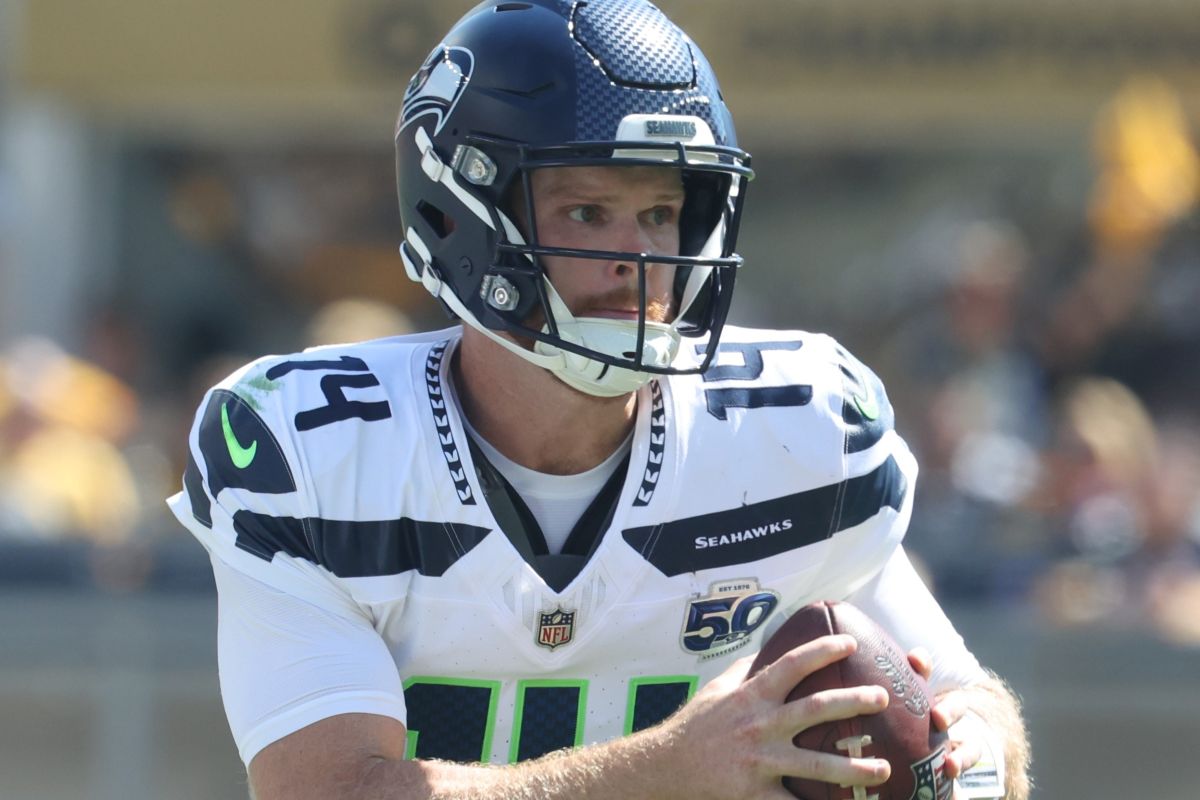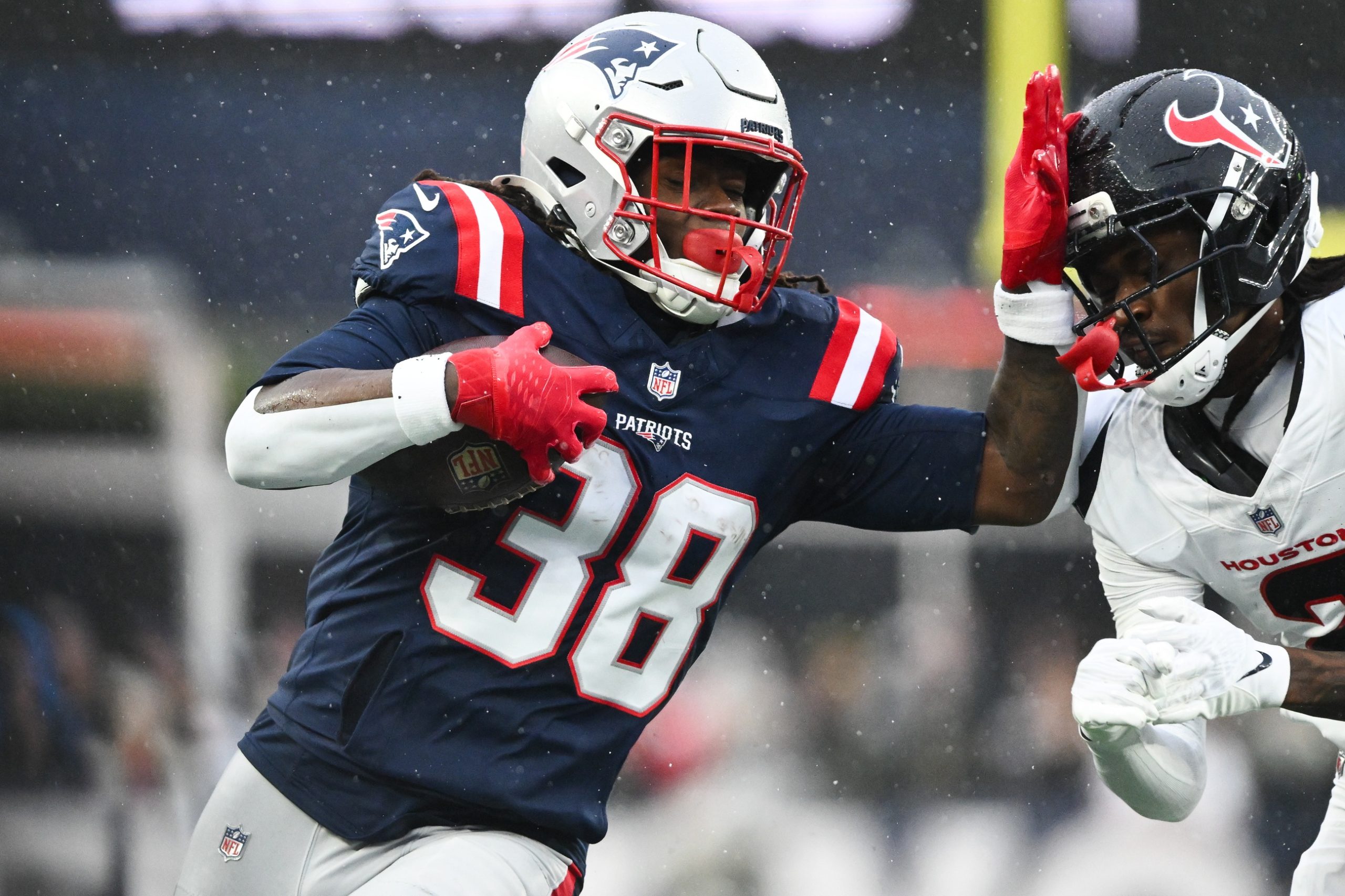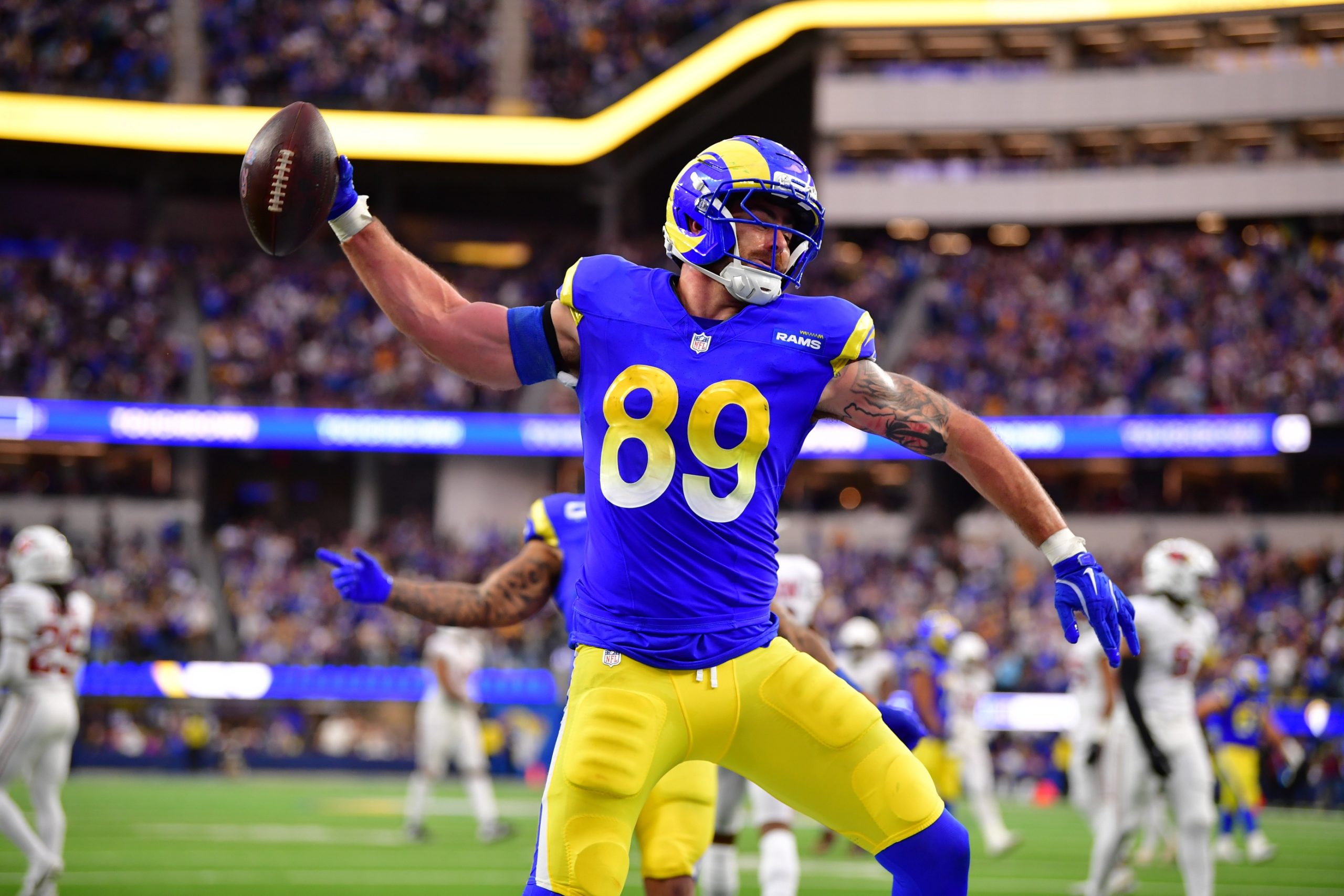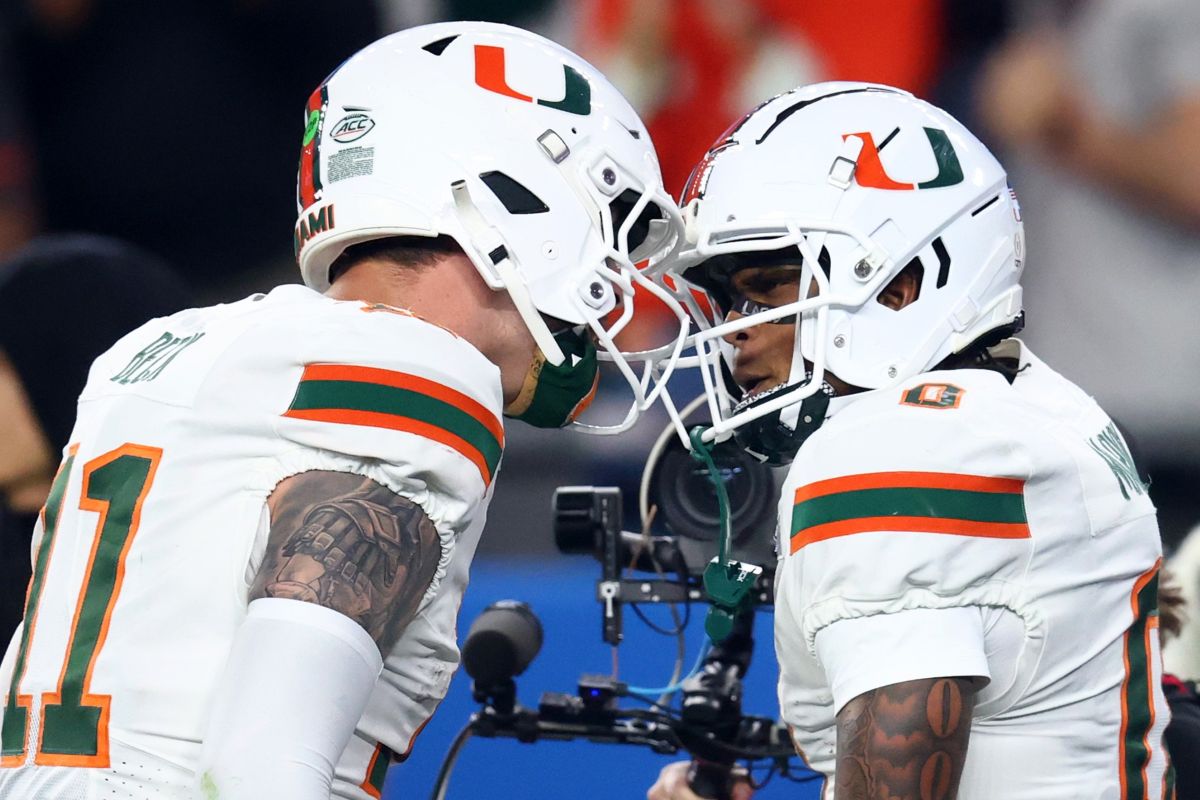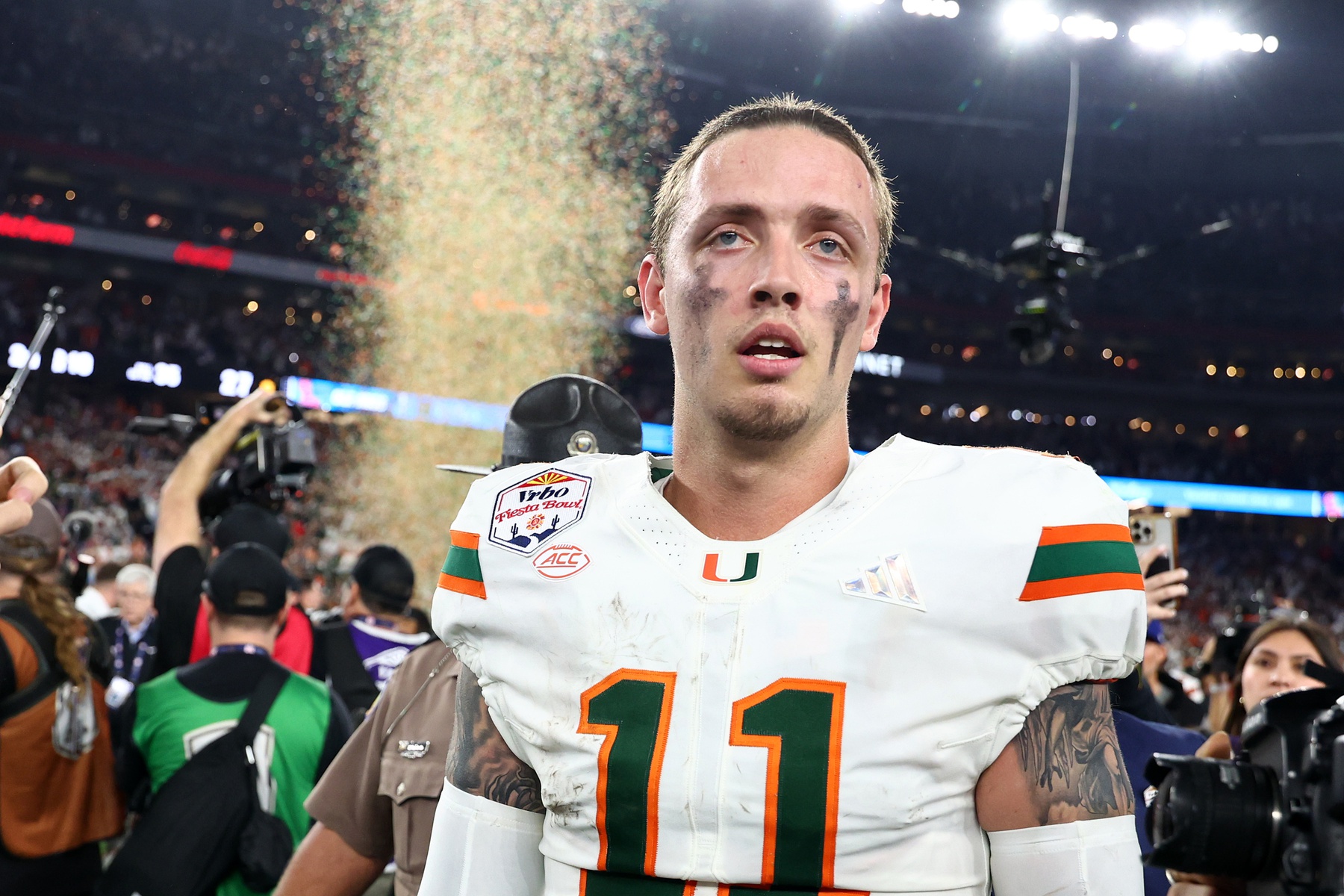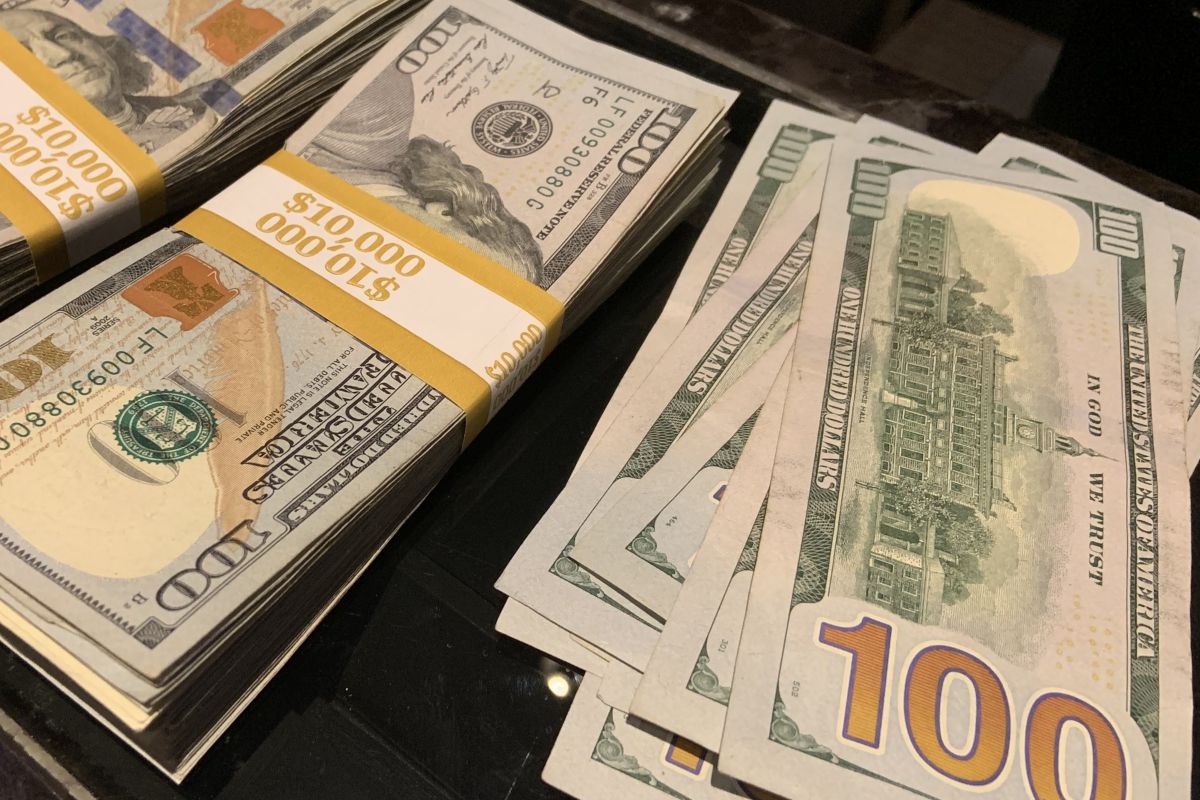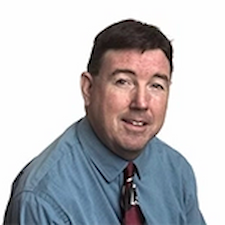NBA Betting Probe: How Sportsbooks Likely Aided FBI in Terry Rozier, Damon Jones Indictments
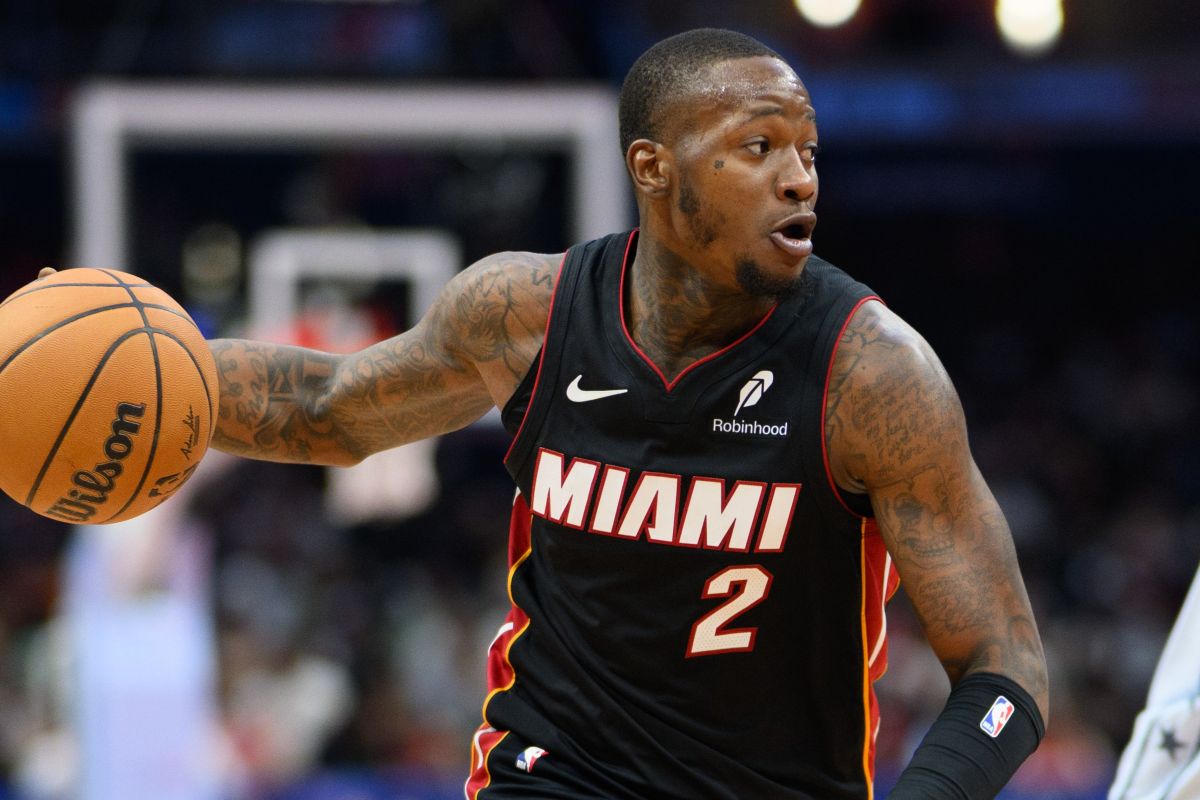
On Thursday morning, the sports betting world got turned upside down on news of a bundle of arrests in a federal probe. Among those charged: Miami Heat guard Terry Rozier, Portland Trail Blazers coach Chauncey Billups and former NBA player Damon Jones.
The arrests and subsequent charges stem from a years-long two-front investigation: one involving alleged rigged sports betting, the other alleged rigging of illegal high-stakes poker games.
Mainstream reaction to the first probe blamed the proliferation of legal, regulated sports betting as the cause. But well-respected industry leaders – bookmakers and bettors alike – counter that sportsbooks often root out these issues in the first place.
(Featured Image Photo Credit: Reggie Hildred/Imagn Images)
Gambling Fraud Unveiled
FBI Reveals Broad Probe
Shortly after 10 a.m. ET Wednesday, the FBI held a news conference in New York City, with Director Kash Patel and his team joined by a phalanx of officials from other law enforcement agencies. From the podium, Patel announced findings of a multiyear probe.
"As you know, individuals such as Chauncey Billups, Damon Jones and Terry Rozier were taken into custody today," Patel said. "What you don't know is that this is [related to] an illegal gambling operation and sports rigging operation that's spanned the course of years.
"The FBI led a coordinated takedown across 11 states to arrest over 30 individuals today responsible for this case, which is very much ongoing."
Katel noted the amount of money involved was no small sum, between the poker and betting cases.
"We're talking about tens of millions of dollars in fraud and theft and robbery across a multiyear investigation," Patel said.
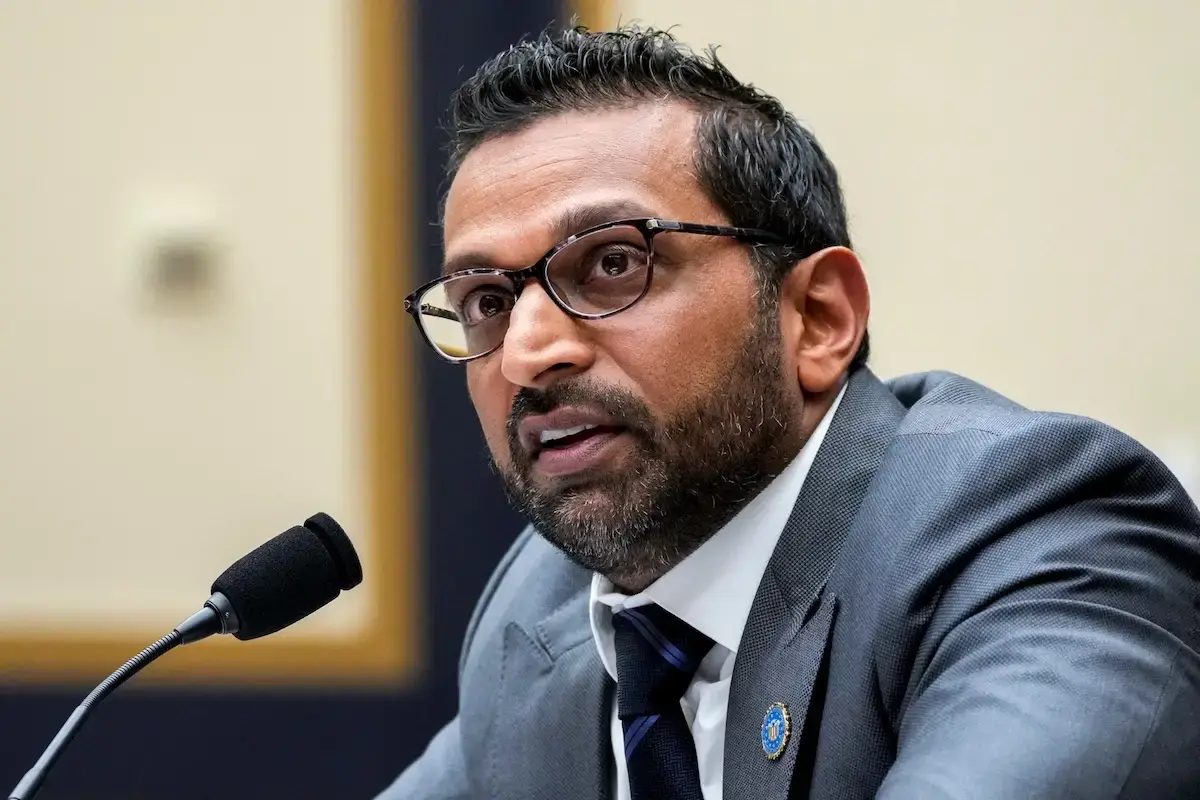
Sports Betting Indictment
Joseph Nocella, U.S. attorney for the Eastern District of New York, then delved into what he described as a "brazen sports corruption" scheme. Jones and Rozier were among six defendants charged in the case of United States vs. Eric Earnest, et. al.
"This scheme is an insider sports betting conspiracy that exploited confidential information about National Basketball Association athletes and teams," Nocella said. "... Between December of 2022 and March of 2024, these defendants perpetrated a scheme to defraud by betting on inside, nonpublic information about NBA athletes and teams.
"The nonpublic information included when specific players would be sitting out future games, or when they would pull themselves out [of games] early for purported injuries or illness."
The defendants were then alleged to have made hundreds of thousands of dollars in fraudulent player prop bets. Wagers were made through online sportsbooks and at sportsbooks housed within casinos.
The defendants allegedly used a network of straw bettors to maximize the number of bets/amount of money wagered on those props.
"Most of these bets succeeded, and the intended losses were in the millions of dollars," Nocella said. "The defendants then laundered their illegal winnings in various ways: peer-to-peer platforms, bank wires and simple cash exchanges."
Legal Operators Key to Case?
Nocella went on to outline U.S. vs. Earnest Aiello, et al, in an alleged rigged poker game scheme backed by mafia families. That indictment involved 31 defendants. Among those charged were Billups and Jones.
But the sports betting case caught more fire, particularly in sports betting social media circles and, more generally, in mainstream sports media. Many pointed the finger at the growth of legal, regulated sports betting in the United States since the 2018 strikedown of PASPA.
However, industry experts argued that this case came to fruition likely due to sportsbooks' diligence, perhaps first and foremost.
"This does not get discovered as quickly if it were not for legal operators and all their cross-checks on activities," said Jay Rood, a 30-year industry veteran who was head of MGM Resorts' sportsbooks for more than a decade.
Like Rood, Todd Fuhrman – a former oddsmaker on the Las Vegas Strip who's now a national sports betting analyst – has seen firsthand how sportsbooks are usually the first to reveal such fraudulent activity.
That doesn't happen in an unregulated universe.
Writing on X, Fuhrman said: "Catching bad actors means legalized sports betting is doing its job."
'A Sportsbook Operator Reported This'
John Murray, vice president of The SuperBook in Las Vegas, said his operation isn't involved in this case in any way. The SuperBook didn't take any wagers from bettors or players involved in Thursday's federal indictment.
So Murray is only speaking in general terms. That said, he concurred with Rood and Fuhrman about how legal, regulated sportsbooks are pivotal to building such cases.
"I would imagine that the legalization of sports betting has enabled them to catch more of these situations," Murray said. "My estimation is that somewhere in this investigation, a sportsbook operator reported this."
Rood and other industry veterans have for decades said sportsbooks are the first to root out these issues. Bookmakers notice unusual wagering activity in a particular market, be it on a game or a player. The sportsbook then shuts down bets on that market and reports the activity to the league/law enforcement.
The league/legal eagles then take control of the investigation from there. To reiterate, that doesn't happen in an unregulated market.
Detractors Thursday, including Pro Football Talk, pointed the finger specifically at player prop bets. In fact, PFT and others called for a ban on such props. But Murray noted that these props, by existing in the legal market, allow bad actors to be caught and prosecuted.
"The more props that we, as an industry, offer and the more wagers taken under that [legal, regulated] microscope make it easer for these things to be caught in the future," Murray said. "The more props we offer, the more customer information we have.
"It's then much more likely that we'd be able to shut these things down."
A ban on player props, Murray and others argue, will only send that activity into the offshore/unregulated market, just as it did for decades with sports betting in general, before PASPA was overturned.
"If we stop taking prop wagers, those groups are gonna move their money to illegal channels," Murray said, noting that in those channels, such fraudulent actions go undiscovered. "People trying to do these things are going to find a way, one way or another.
"We might as well do it in a regulated environment, where it can be caught."
Still, Rood foresees potential reaction to this case from sportsbook operators.
"I think this will really slow things and lead to lower limits on player props, in both the pros and college sports," he said.
Featured News
-
 FEATURED JAN 20, 2026
FEATURED JAN 20, 2026NFL Conference Championship Game Odds: Lines, Spreads, Betting Trends for Both Matchups
-
 FEATURED JAN 20, 2026
FEATURED JAN 20, 2026NFL Conference Championship: New England Patriots vs. Denver Broncos Prediction, Odds, Preview
-
 FEATURED JAN 20, 2026
FEATURED JAN 20, 2026NFL Conference Championship: Los Angeles Rams vs. Seattle Seahawks Prediction, Odds, Preview
-
 FEATURED JAN 19, 2026
FEATURED JAN 19, 2026College Football Playoff Championship Game Odds: Lines, Spreads, Betting Trends for Miami vs. Indiana
-
 FEATURED JAN 16, 2026
FEATURED JAN 16, 2026National Championship Prediction, Odds: Stats Back First-Half Under
-
 FEATURED JAN 16, 2026
FEATURED JAN 16, 2026‘A Pretty Open Secret’: Oddsmakers, Bettors Sound Off on College Basketball and CBA Point-Shaving


